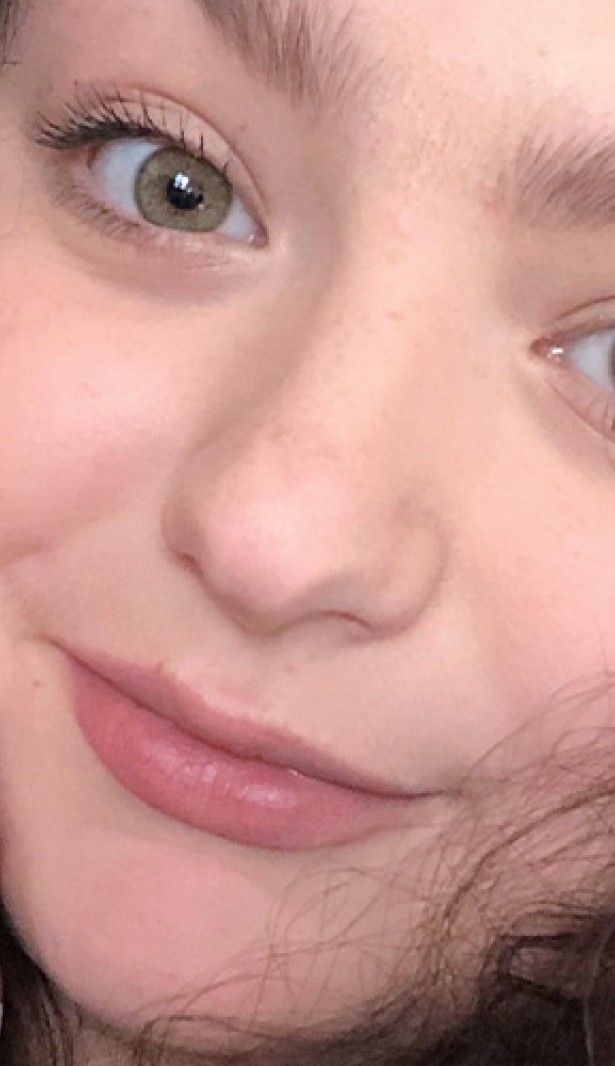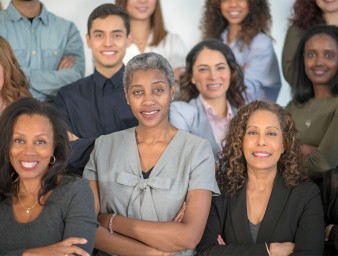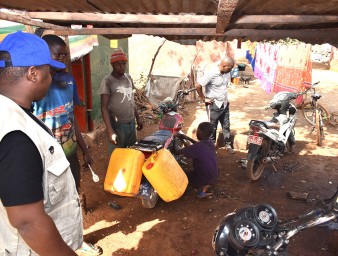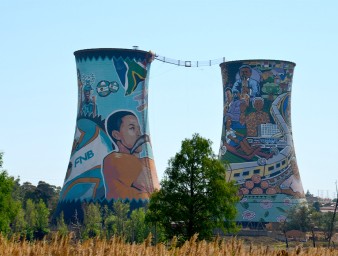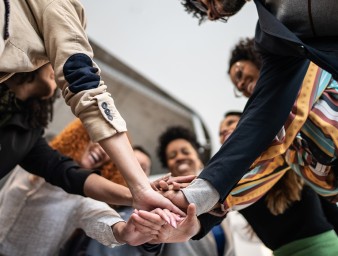Hope Laing, a Scottish teenager fighting against child poverty and inequality
17 November 2020
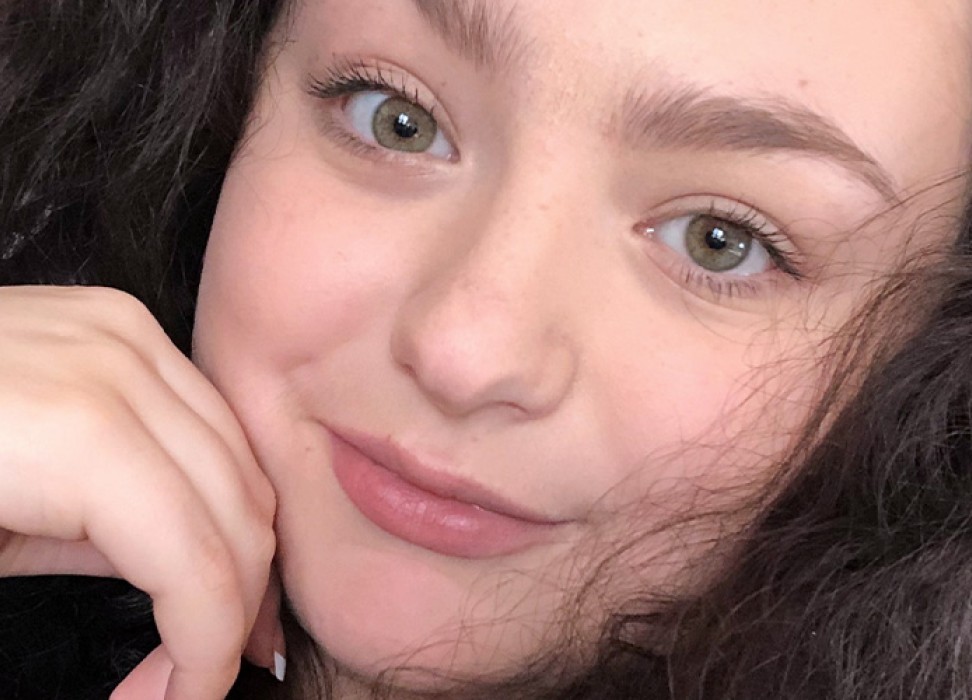
"Something I find quite often is that when we're talking to politicians, they are more than happy to listen, until you disagree with them."
Hope Laing's call for stronger child participation in decision-making is at the core of her human rights work. She herself began speaking out for the rights of children and young people at the age of 12, when she saw the needs of her local community youth group. Living on the remote Orkney Islands in Scotland, they were frequently disconnected from national opportunities and discussions.
"I wanted to be an advocate, I wanted to stand up for what my peers believed in. My peers are all very opinionated, but they didn't have the opportunity to share their opinions. I knew that I didn't want to do this for myself. I wanted to do it for my community."
Hope successfully ran for the Scottish Youth Parliament. She is also now a Young Advisor for the Children's Commissioner for Scotland.
At the age of just 16, Hope is a high school student and a human rights defender. She recently spoke via video message to the UN Human Rights Council Social Forum.
"To speak at the UN has been something I've always wanted to do," says Hope. "As I said when I ended my speech, I will make it there. I will be in that room one day."
Hope's work focuses on fighting child poverty and inequality. According to government data, almost one in four Scottish children are officially recognised as living in poverty, figures that are "unacceptable" according to Hope. Without change, she says, it is inevitable that these numbers will only rise.
COVID-19 impacting poverty in Scotland
In her speech to the Social Forum, Hope detailed that school closures during Scotland's lockdown greatly affected many lower income families, who relied on free school meals for their children. Differing approaches from various local governments were inadequate, she stressed, such as vouchers for supermarkets that people living in remote areas could not reach, or the provision of meals that did not meet dietary requirements.
For Hope, if children and young people had been consulted on this program, the government could have been more successful in reaching those in need.
Further, amidst the shift to online learning, many children did not have access to digital technology, with poorer families most affected. Parents may have needed the household's only device for their work, said Hope, or multiple siblings needed the same computer.
"No family should have to be in the position of prioritising work over education, or young people over each other," Hope told the Social Forum. "Whilst the government is providing funding to tackle digital exclusion, there is still so much work to be done to ensure young people aren't falling through gaps. In this changing world where we are adapting to life online, it is unfair to leave those living in poverty behind."
To recover from the pandemic, says Hope, a rights-based approach is necessary. "That way, we are ensuring we are meeting the needs of as many people as possible, including vulnerable groups."
A call for young people's voices to be heard
At the centre of Hope's human rights and advocacy work is a call for more young people and children to be consulted in the decisions that affect them.
"If policy makers are not sure on an issue, why not ask the people it affects?" she asks. "Young people are honest and not afraid to speak their minds, and that's exactly what politicians need to hear sometimes."
According to Hope, politicians need to not just listen, but to take into account the words and opinions of children and young people. "Just listening to us can be quite tokenistic, so they can tick off that they spoke to young people," she continues. "They need to take what we are saying into regard. It may not always be the right answer, but there's always a reason behind what we're saying."
As for the future, Hope is determined to see a world where children and young people are not discriminated based on where they were born, or how much money they have. She wants to pursue a career in human rights, and to continue to stand up for those who are not heard.
"Until we see the change necessary in order to have a positive environment for children and young people in the world, I will be there to advocate for them: to advocate for those who cannot advocate for themselves."
Disclaimer: The views, information and opinions expressed in this article are those of the persons featured in the story and do not necessarily reflect the official policy or position of the Office of the UN High Commissioner for Human Rights.
ENDS
17 November 2020
